The Breakdown
Read the Passage below, and answer questions based on the context of the passage
Chopin tackles complex issues involved in the interplay of female independence, love, and marriage through her brief but effective characterization of the supposedly widowed Louise Mallard in her last hour of life. After discovering that her husband has died in a train accident, Mrs. Mallard faces conflicting emotions of grief at her husband’s death and exultation at the prospects for freedom in the remainder of her life. The latter emotion eventually takes precedence in her thoughts. As with many successful short stories, however, the story does not end peacefully at this point but instead creates a climactic twist. The reversal–the revelation that her husband did not die after all– shatters Louise’s vision of her new life and ironically creates a tragic ending out of what initially appeared to be a fortuitous turn of events. As a result, it is Mr. Mallard who is free of Mrs. Mallard, although we do not learn whether the same interplay of conflicting emotions occurs for him.
Beyond the question of female independence, Louise seems to suggest that although Brently Mallard has always treated their relationship with the best of intentions, any human connection with such an effect of permanence and intensity, despite its advantages, must also be a limiting factor in some respects
Reading Comprehension Question Set 02
1. Based on the passage what can be concluded is the "tragic ending" that occurs in the story?
- Mallard is arrested for conspiracy to commit murder of Mr. Mallard
- Mallard dies on seeing Mr. Mallard
- Mallard is murdered by Mr. Mallard on his return as a revenge for plotting his murder
- Mallard divorces Mrs. Mallard and becomes ‘free’ of her
2. What is the central theme of the passage?
- Critical evaluation and summary of a short story involving Mr. and Mrs. Mallard
- Inherent bondage that some relationships might bring in spite of no overt restrictions
- Complexity of human emotions as it traverses grief and exultation almost simultaneously
- Ideas on Love and Marriage and how age affects them
Full "The Story of An Hour" by Kate Chopkin, 1894
When the doctors came they said she had died of heart disease–of the joy that kills.

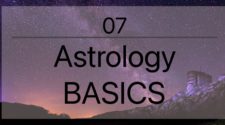

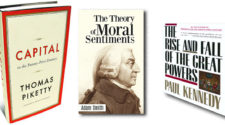

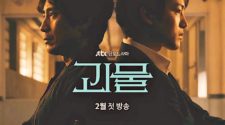
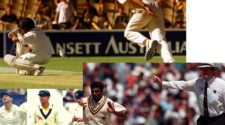

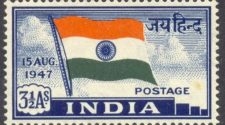

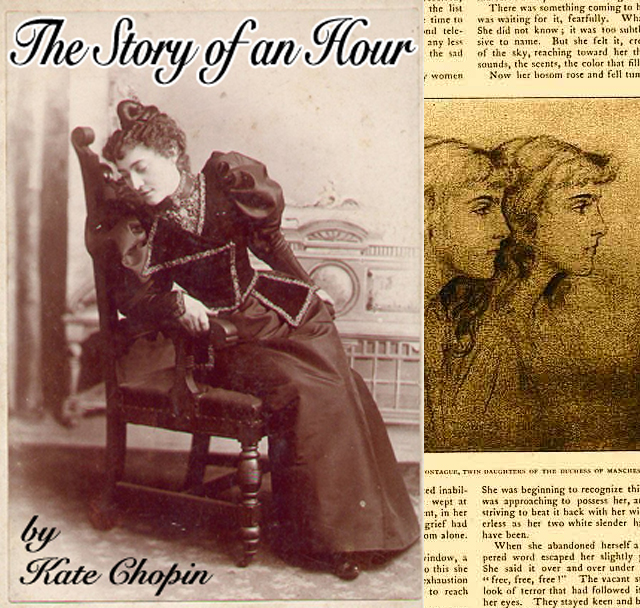

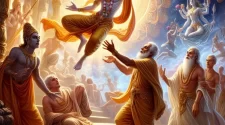
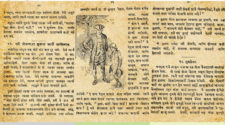

No Comment